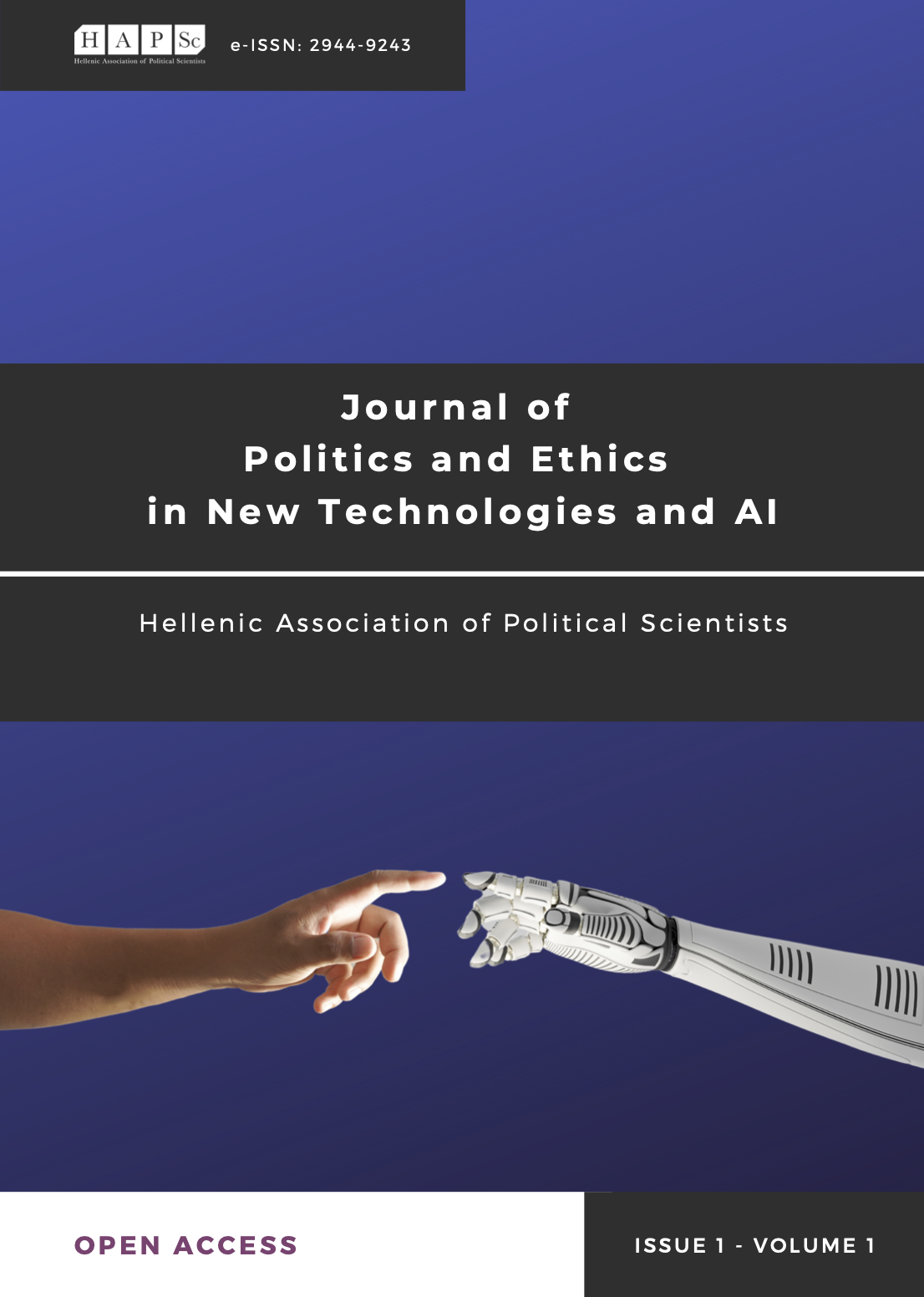Greece 2.0, Health Economics and Outcome Research and the Rise of Artificial Intelligence: Another Missed Opportunity or it's Time for Brilliance?

Abstract
The EU National Recovery and Resilience Plan "Greece 2.0" includes, among other priorities, a framework to promote and reform the health system, with a focus on digitalization of health and the use of information technology applications. Greece 2.0 may offer a chance to address the current scarcity of high-quality, reliable data sources, which is limiting the spread and impact of health economics and outcomes research (HEOR). We also suspect that the use of artificial intelligence (AI) in HEOR will play an important role in Greece's health-care reform and that it will be critical for making real-world data-driven decisions, reducing policy uncertainty. Greece has a once-in-a-lifetime chance to start from scratch and potentially build data-centric AI systems that prioritise data quality over quantity and are built on scalable, flexible, and governable data collection. This commentary explains and critically considers the significance of developing and funding an innovative plan for using AI in HEOR as part of the Greece 2.0 framework. It also discusses ethical issues and the larger role of HEOR in health-care reform.
Article Details
- Section
- Editorial
Authors retain copyright and grant the journal right of first publication with the work simultaneously licensed under Creative Commons 4.0 (CC-BY 4.0) license, that allows others to share the work with an acknowledgement of the work's authorship and initial publication in this journal.





